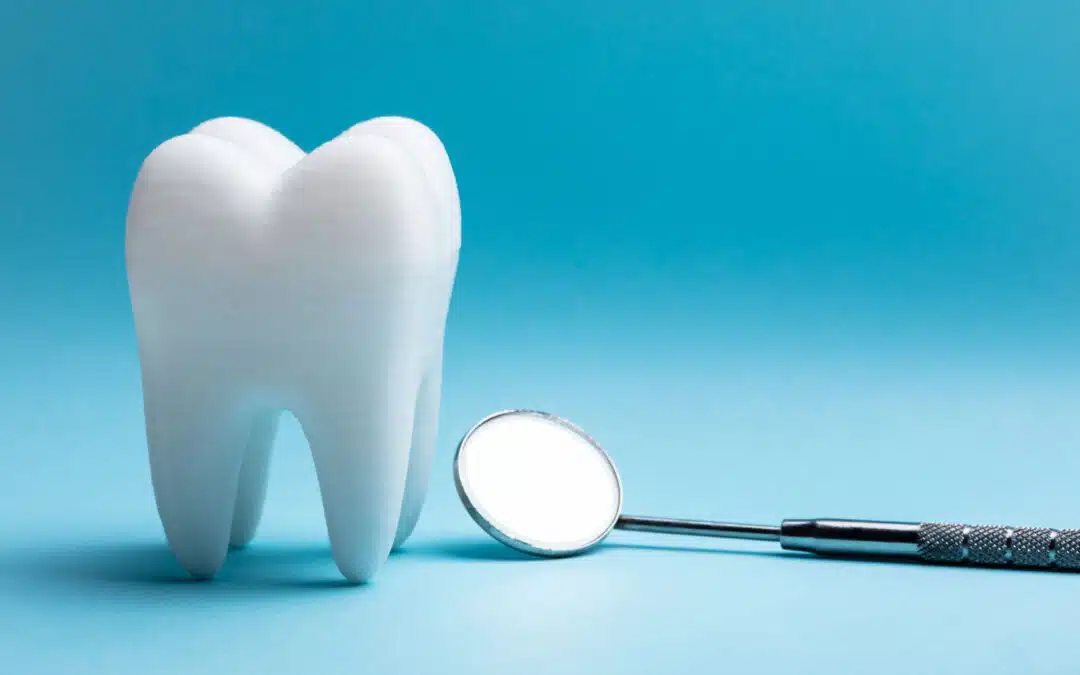With the news that a thousand NHS dentists have left the health service in only one year, the number of dentists now operating in the UK is at its lowest level for ten years.
In 2019-2020, England had almost 25,000 NHS dentists, however during the last two years, the total has fallen by 10%, with 951 having left their posts during the last 12 months.
This has left the number of dentists operating in the health service at the lowest level since 2013 – 2014.
40 Million Appointments Lost
Figures from the NHS has revealed that around 40 million patient dental appointments – equal to one entire year of dental care – have, since March of 2020, been lost, with patients now facing much longer waits for local treatment, or the option to travel further afield or even go private in order to get the dental care they need.
The ADG (Association of Dental Groups) – the trade body for the dental industry has expressed its concerns about the current state of play. Neil Carmichael, the ADG’s chairman, reported that the impact on access for patients during 2022 will be enormous. He also revealed that for each full-time dentist leaving the NHS without finding a replacement, around 2000 patients may lose their access to dental care on the NHS.
The reason for this max exodus, according to dentists, is the current contract with the NHS, together with an ever-widening gap between dentist recruitment figures and the number of practitioners who are retiring.
The Ministers’ lack of urgency has been criticised by the British Dental Association, which reports that there are simply too few dentists available who are willing to operate under today’s broken system.
New Rules Set To Worsen The Situation
It is feared by the Association of Dental Groups that the situation is only going to get worse when the new rules that are set to be introduced at the year’s end come into play.
These rules mean that dentist healthcare qualifications which have been obtained by dentists from the EEA (European Economic Area) are no longer going to be recognised.
EEA dentists (which includes those from the EU, Norway, Liechtenstein, and Iceland) have traditionally made up around 20% of all new dentist recruits. Therefore, this represents a significant issue when it comes to recruitment and retention within NHS dentistry.
COVID And Brexit Only Partially To Blame For Dentist Crisis
Although a lot of the blame for NHS dentist problems has been laid at the door of both COVID and Brexit, Ian Gordon, the dental director of a company that operates thirty NHS dentist practices across North East England known as Riverdale Healthcare does not believe that this is the case.
He insists instead that they only served to expose the NHS’s inherent weaknesses. However, the Department of Health has been keen to refute these claims stating that provision has been made for the NHS to provide as many as 350,000 additional dental appointments thanks to a £50 million cash injection in addition to the support that the government provided to NHS dentists while the pandemic was ongoing.
One thing is clear, though, the number of patients across the UK searching for an NHS dentist to give them the treatment they need is likely to increase over the months and years to come.


